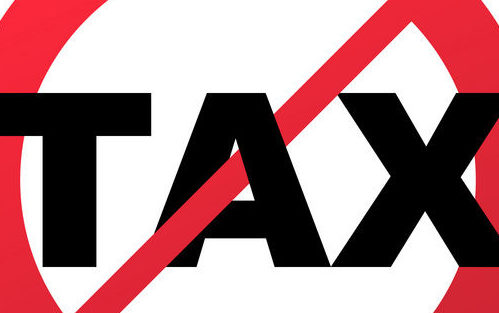
The Tax Free Savings Account was introduced on January 1, 2009. It allows Canadians over the age of 18 to save and invest tax free. Common questions we receive are, “Why do I want a TFSA?”, “How is it different to my regular savings account at my Bank?”, and “What’s this ‘contribution-limit’ stuff about?”.
We’ll start at the top – Why do you want a TFSA?
Simply put, the TFSA is a tax shelter. It’s not your typical “savings” account as one thinks of a savings account at a bank. The TFSA allows one to earn money tax free. This means that any interest, dividends or equity earned are free of Capital Gains tax.
Regressing slightly, Capital Gains tax in Canada is a tax one must pay on earnings above general wages. It is rated at 50% of the value of the earnings and taxed at your current tax bracket. An example is that if you buy a stock at $1.00 and sell it for $2.00, you earned $1.00 in after wages income. Therefore, you will owe the government taxable income on $0.50 in your particular bracket. All in all, capital gains tax is annoying, but not that bad – currently. There has been talk around Canada increasing the Capital Gains tax to upwards of 75%. Folks, lobby your electoral representatives.
As of 2020, the full contribution limit is $69,500 which will be increasing to $75,500 after the increase of $6,000 for 2021. A word of warning: Do not over contribute. If you were 18 in 2009 and have never contributed before, you would have the full room for contribution. If you have contributed before, know that amount and do not go over. The penalties are severe. Log in to your CRA MyAccount or check your latest Notice of Assessment to get that information
Who is a TFSA right for? Should I just do RRSP’s?
A TFSA is great for everyone, full stop. Anytime one can save tax, it’s a good thing. However, we would put forth that a TFSA may be a better option for young investors who aren’t yet in their highest earning years. RRSP’s are meant to lessen one’s taxable income, which is great if you’re earning a lot. If you’re making more along the lines of Canada’s average wage (~$50,000/yr) or less, then a TFSA may be a better choice to learn and earn in the world of investing. That $50k/yr number isn’t a hard a fast amount of course, it’s just an example. A higher earning individual would likely be investing/contributing to an RRSP and a TFSA as well as other potential investment options.
TL;DR
If there is any “good” thing about our tax system in Canada, it’s the TFSA. It is nothing but a benefit to you and you should be using it to its full advantage. Know your contribution limits and don’t go over. Happy investing.
Recent Comments